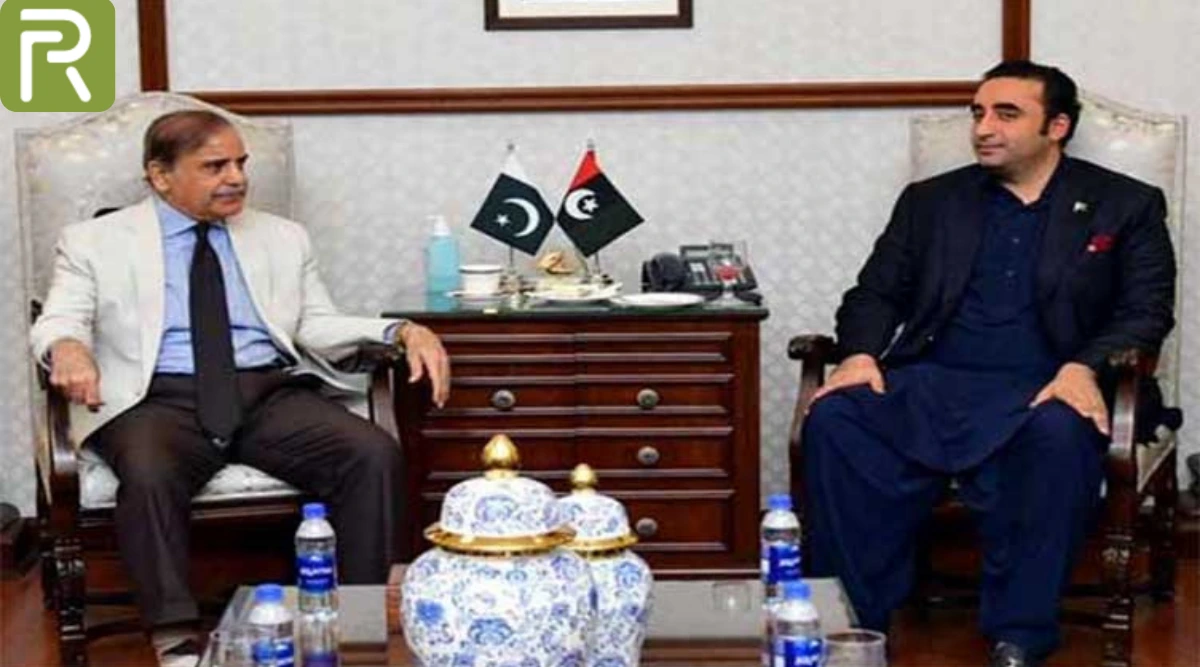The Pakistani government’s decision to implement a canals construction halt has ignited nationwide debate, pitting provinces against each other in a high-stakes water dispute. This temporary freeze, announced Thursday, suspends all new canal projects until the Council of Common Interests (CCI) reaches consensus, following vehement opposition from Sindh and political allies. The move comes amid heightened tensions with India after its unprecedented suspension of the Indus Waters Treaty (IWT).
The canals construction halt primarily targets the controversial Cholistan project, launched in February despite Sindh’s protests over water diversion fears. While ruling coalition partners like the PPP support the pause, opposition groups dismiss it as political theatre. With a crucial CCI meeting scheduled for May 2, this article examines the decision’s roots, its immediate fallout, and Pakistan’s precarious water future.
The Breaking Point: Why Projects Were Halted
The canals construction halt didn’t occur in isolation. Three explosive factors forced the government’s hand:
First, Sindh’s relentless opposition reached a crescendo when its assembly unanimously rejected the Cholistan project in March. Provincial leaders argued the canals would steal their constitutionally guaranteed water share under the 1991 Accord.
Second, political pressure became unbearable as even coalition partner PPP joined anti-canal protests. Bilawal Bhutto-Zardari’s public stance gave cover to Sindhi nationalists and farmers staging highway blockades.
Third, India’s shock suspension of the IWT created an emergency scenario. By weaponising water-sharing terms, New Delhi forced Islamabad to reevaluate all water infrastructure plans amid new security threats.
Winners and Losers: Who Gains From the Freeze?
The canals construction halt creates clear beneficiaries and victims across Pakistan’s political landscape:
Sindh Emerges Victorious
-
Immediate relief for farmers fearing water theft
-
Political win for CM Murad Ali Shah’s administration
-
Validation of PPP’s protest strategy
Punjab Pays the Price
-
South Punjab’s agricultural modernization delayed
-
CM Maryam Nawaz’s prestige damaged
-
Billions in planned investments frozen
Federal Government’s Balancing Act
PM Shehbaz Sharif walks a tightrope – appeasing allies while preventing total collapse of critical projects. The May 2 CCI meeting will test whether this pause heals divisions or deepens them.
India’s Water Gambit: Calculating the Fallout
New Delhi’s IWT suspension radically alters the equation:
-
Legal Violation: Experts agree India can’t unilaterally scrap the World Bank-brokered treaty
-
Food Security Threat: Potential disruption to 35 million acres of Pakistani farmland
-
Diplomatic Chess: Forces Islamabad to divert attention from domestic projects to international water crisis management
The canals construction halt now serves dual purposes – addressing internal disputes while preparing for possible Indian water aggression. canals construction halt
The Road Ahead: Three Possible Scenarios
Best Case: Consensus Breakthrough
-
CCI brokers historic water-sharing deal
-
Projects resume with all provinces onboard
-
Pakistan presents united front against India
Status Quo: Temporary Truce
-
Protests simmer but don’t explode
-
Construction stays frozen indefinitely
-
Water shortages worsen in Punjab
Worst Case: Complete Collapse
-
Sindh hardens stance, demands permanent cancellation
-
Punjab revolts against federal government
-
India exploits divisions to press advantage
Beyond Politics: The Human Cost
While politicians debate, ordinary Pakistanis suffer:
-
Punjabi Farmers: Face ruined harvests without promised irrigation
-
Sindhi Villagers: Continue battling drought-like conditions
-
Construction Workers: Lose livelihoods as projects stall
The canals construction halt isn’t just about politics – it’s about survival for millions dependent on these water systems.
Conclusion
Pakistan’s canals construction halt represents both crisis and opportunity. While it temporarily calms provincial tensions, real solutions require visionary leadership and compromise. As the May 2 CCI meeting approaches, the nation watches to see if its leaders can transform this pause into lasting water justice before India’s actions make the decision for them.




